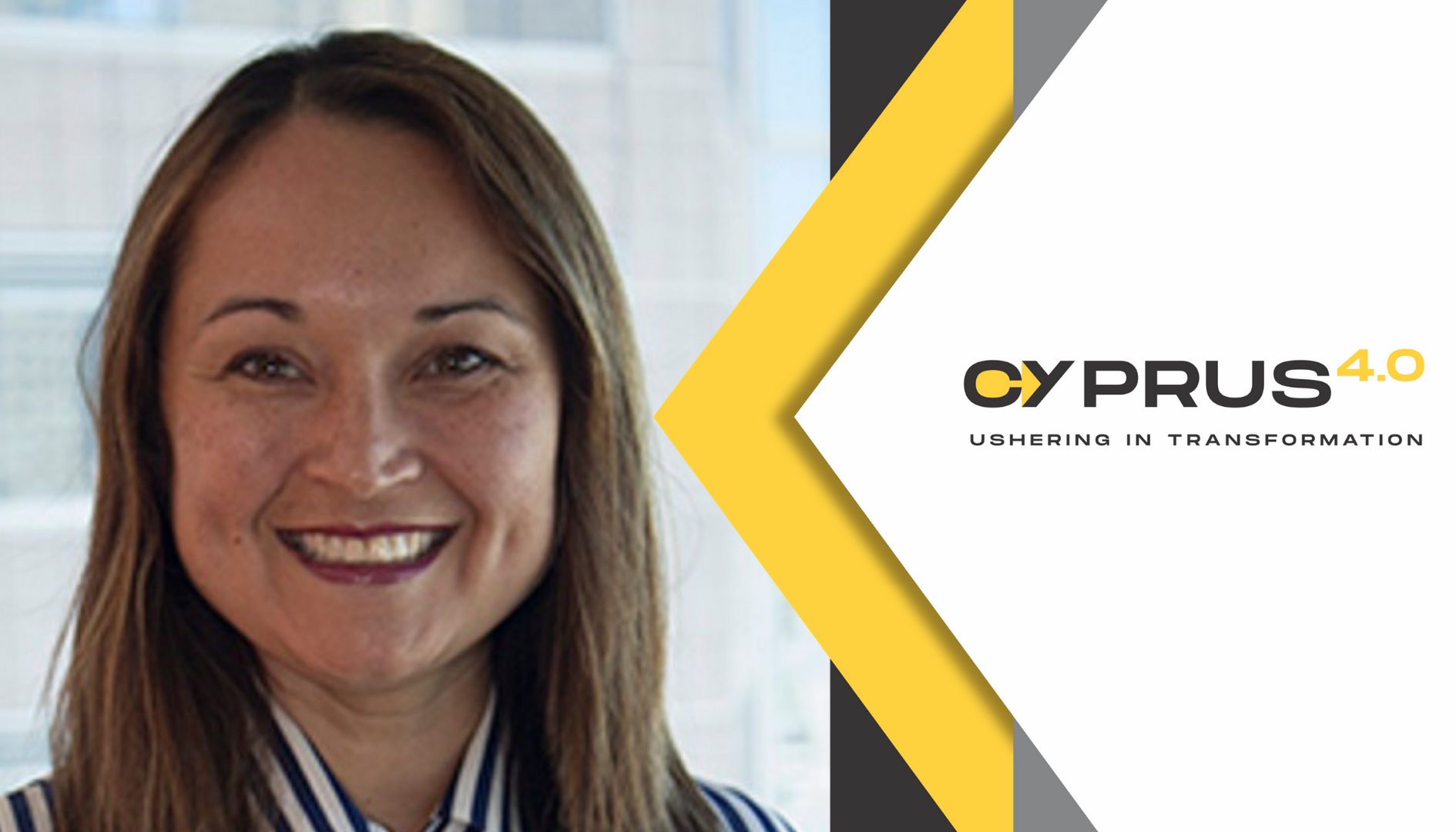Kelly Christodoulou, a resident of Larnaca, is Senior ESG and Stewardship Consultant, Investments at AustralianSuper, one of that country’s largest pension funds with $200 billion (EUR 125 billion) in assets under management. She has about 15 years of experience considering the environmental, social and governance (ESG) issues in companies.
The current movement to ESG investment goes back to the 2000s, Christodoulou explains.
At AustralianSuper, we’ve been implementing ESG since about 2004. We started by focusing on corporate governance, and that meant directly voting at company AGMs. Around 2006, we expanded into the environment and social areas. The catalyst for this expansion was the London-based organisation Principles for Responsible Investment (PRI). The PRI helps guide investors on ESG issues and has grown into a massive global signatory base.
The PRI started in 2006, and that really kicked off worldwide interest in ESG. There are other various investor initiatives, for example, in the UK and Europe, there is the Institutional Investor Group on Climate Change. That’s a great organisation, and many others like it have come into existence in various regions.”
The process of ESG began in the 1960s with the exclusion strategy, Christodoulou continues.
“The exclusion strategy is where you don’t invest in certain sectors, or companies, like fossil fuels or guns. This was the predominant ESG strategy until we got to the 1990s, then investors moved to a strategy which was called the ‘best in class.’ This is an approach that selects companies that are leaders in ESG. This meant that, as an example, out of all the mining companies, we will invest in the best one or two in terms of ESG.
In the 2000s, we moved to the ESG integration stage. This is where investors considered only the material ESG issues that could impact a company’s valuation. And now, in this decade, we’re moving into impact investment.
Impact investments are investments made with the intention to generate a positive environmental or social impact plus a financial return. Where the investor is asking, how do I invest to make a positive impact against, for example, the UN Sustainable Development Goals? This is getting increasingly developed at the moment.”
How do you how do you make choices in ESG? I mean, certainly, you can set your own priorities. But what are the guiding principles?
“Different funds have different approaches. But the difference for us is that we are a long-term investor. We have clients who come to us at 18, and they will be with us until they are 67. So we look very closely at ESG aspects.
If I look at, say, governance, when we make a direct investment in a company, we will look at the board of directors and consider if they have the right skill set? Do they have the right experience? Is the board really independent? Are there two different people as CEO and chair? We also look at the diversity of the board in terms of gender, and in terms of background, culture, and geography because research shows that real boardroom diversity leads to outperformance.
And we look at the big issue of climate change, because it has the potential to impact investment performance, either through physical impact damage or through the transition to a lower carbon world. As an investor, we want to understand how a company is transitioning to a lower carbon future. Do they have a credible plan to reduce their carbon emissions and that it’s aligned with global sustainability standards?
You have to be careful about ‘greenwashing?’
“Yes,” Christodoulou complains, “suddenly everyone out there is an ESG manager. Greenwashing is when an organisation spends more time and money on marketing themselves as ESG than on actually doing ESG. How do you judge? The same way as you would in other areas of investing. Do your due diligence as you would with any other type of investment strategy.
There is also the EU Taxonomy, intended to prevent greenwashing. This is a common language framework for describing what are sustainable activities and it helps investors assess whether investments are meeting environmental and climate change standards.
The EU Sustainable Finance Development Regulation also aims to prevent greenwashing. The regulation is targeted at financial market participants and sets rules for what ESG information needs to be disclosed. These are great aids to helping investors make responsible decisions.”






Click here to change your cookie preferences